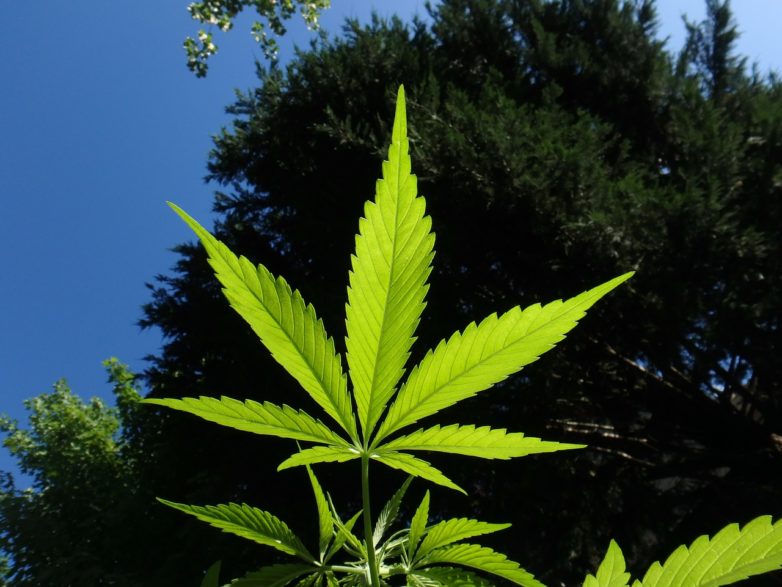If you are charged in Michigan with possession of Marijuana and/or Possession of Marijuana with Intent to Deliver, and the search producing the drugs is unlawful, your case can be dismissed. That’s effectively what happened in the case of People v. Mahdi, where Mr. Mahdi was convicted of two counts of possession with intent to deliver less than 50 grams of a controlled substance, MCL 333.7401(2)(a)(iv), and one count of possession with intent to deliver less than 5 kilograms of marijuana, MCL 333.7401(2)(d)(iii).
In investigating this crime, the police found out where Mr. Mahdi lived, then tricked his mother into giving them consent to search her house where he lived. The police did this because consent is an exception to the Fourth Amendment search warrant requirement. In searching the home, they did not find any drugs but did find keys, a cell phone and a wallet. This led the police to the apartment where they did find the drugs that became the basis of the felony drug charges. Also, while in possession of the phone, the police were able to retrieve calls from individuals ostensibly attempting to purchase drugs.
The court held that Mr. Mahdi’s mother had the authority or ability to consent, but because the police said they were going to search for drugs, but found keys, wallet and phone, the search exceeded the consent given. Her consent was for the limited purpose of uncovering drugs. Thus, the wallet, keys and phone were not lawfully seized by the police.

 Michigan Criminal Defense Lawyer Blog
Michigan Criminal Defense Lawyer Blog

